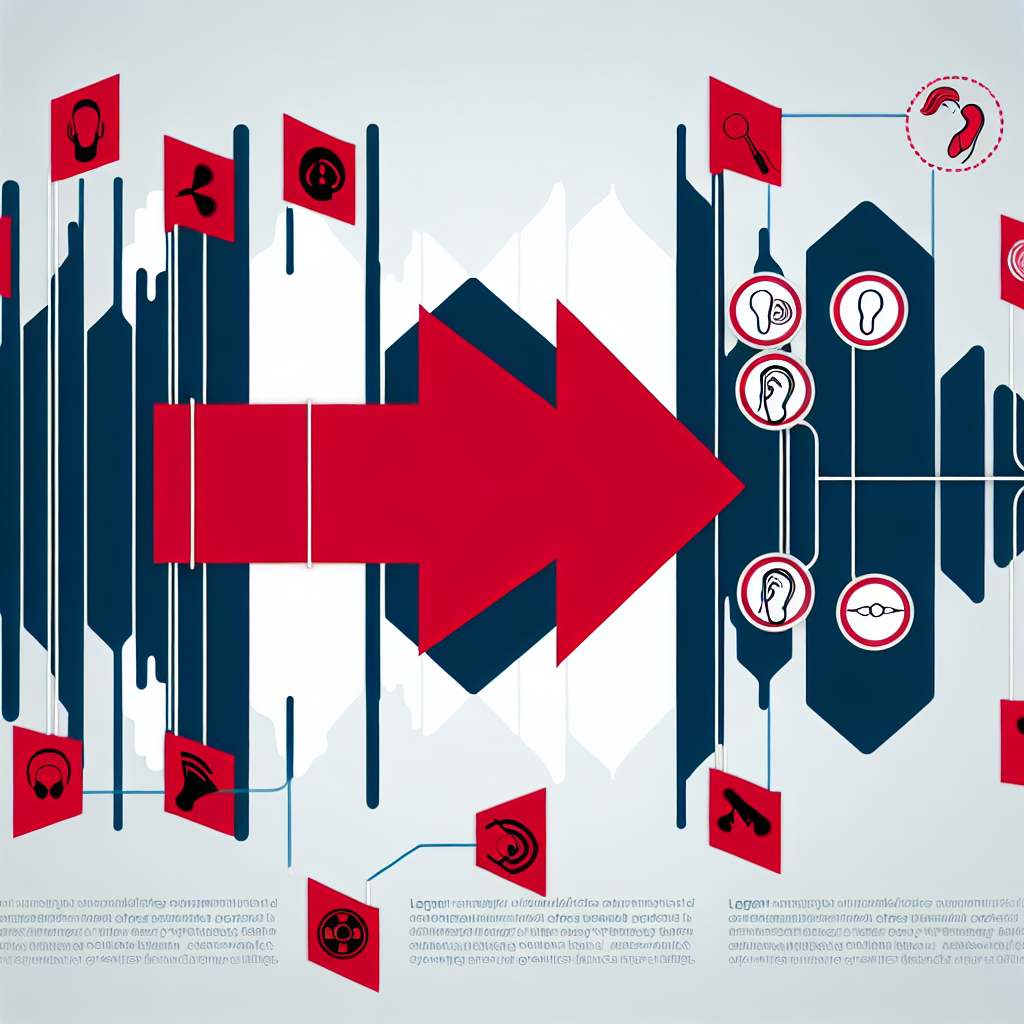
Identifying when to refer a patient for an audiology evaluation is a critical component of comprehensive healthcare. Early detection and intervention for hearing issues can significantly impact a patient’s quality of life, communication abilities, and overall health outcomes. Understanding the red flags for audiology referrals helps healthcare providers make timely decisions that benefit their patients’ long-term wellbeing.
Immediate Red Flags Requiring Urgent Audiology Referral
Certain symptoms and conditions warrant immediate attention from an audiologist or further medical evaluation. These urgent red flags should never be ignored:
- Sudden sensorineural hearing loss – Any rapid onset hearing loss occurring within 72 hours
- Asymmetric hearing loss between ears
- Pulsatile tinnitus or tinnitus in only one ear
- Hearing loss accompanied by dizziness, vertigo, or balance problems
- Ear pain with hearing loss
- Discharge from the ear canal
- Signs of infection with hearing changes
- Facial weakness or numbness accompanying hearing loss
These symptoms may indicate serious underlying conditions that require prompt hearing testing and medical intervention.
Age-Related Red Flags for Audiology Referral
Different age groups present unique indicators for audiology referrals. Recognizing these patterns helps ensure appropriate timing of evaluations:
Pediatric Red Flags
- Delayed speech and language development
- Lack of response to loud sounds or voices
- Frequent ear infections
- Academic difficulties or behavioral problems in school
- Requesting repetition or saying “what?” frequently
- Turning up television or electronic device volume excessively
Adult Red Flags
- Difficulty understanding conversations in noisy environments
- Frequently asking others to repeat themselves
- Avoiding social situations due to communication difficulties
- Occupational noise exposure without proper hearing protection
- Family history of hearing loss
- Medication-related hearing changes (ototoxicity)
Medical Conditions Requiring Audiology Evaluation
Several medical conditions increase the risk of hearing loss and warrant regular audiological monitoring:
- Diabetes – Associated with increased risk of sensorineural hearing loss
- Cardiovascular disease
- Autoimmune disorders
- Kidney disease
- History of head trauma
- Chronic otitis media
- Ménière’s disease
- Acoustic neuroma
Patients with these conditions benefit from regular hearing evaluations to monitor for changes and ensure early intervention when needed.
Tinnitus-Related Red Flags
Tinnitus symptoms often accompany hearing loss and may indicate the need for specialized evaluation and treatment:
- New onset tinnitus
- Unilateral tinnitus (affecting only one ear)
- Pulsatile tinnitus that follows heartbeat rhythm
- Tinnitus significantly impacting sleep or daily activities
- Tinnitus accompanied by hearing loss
- Tinnitus with neurological symptoms
Professional tinnitus therapy can provide significant relief for patients experiencing these challenging symptoms.
Occupational and Environmental Risk Factors
Certain occupations and environmental exposures create higher risk for hearing damage, necessitating regular audiological screening:
- Construction and manufacturing workers
- Musicians and audio professionals
- Military personnel
- Airport ground crew
- Heavy machinery operators
- Emergency responders (firefighters, police)
- Healthcare workers exposed to loud medical equipment
These individuals require regular monitoring and appropriate hearing protection measures to prevent occupational hearing loss.
Communication and Social Red Flags
Changes in communication patterns and social behavior often signal developing hearing issues:
- Withdrawing from conversations or social activities
- Misunderstanding instructions or information
- Speaking louder than necessary
- Difficulty with telephone conversations
- Complaints from family members about television volume
- Nodding or agreeing inappropriately during conversations
- Increased fatigue from listening effort
Cal Hearing Services: Comprehensive Audiology Care
At Cal Hearing, we understand the importance of addressing hearing concerns promptly and comprehensively. Our team of experienced audiologists provides a full range of services designed to meet diverse hearing healthcare needs.
Our comprehensive audiology services include:
- Complete diagnostic hearing evaluations
- Professional hearing aid fitting and programming
- Specialized tinnitus management and therapy
- Custom hearing protection solutions
- Expert hearing aid repairs and maintenance
We proudly serve multiple communities and are committed to making quality hearing care accessible. Learn more about the areas we serve and discover how our team can help address your hearing healthcare needs.
For additional information and educational resources about hearing health, explore our comprehensive resource center and stay updated with the latest hearing health information through our blog.
Taking Action on Red Flags
When red flags for audiology referrals are identified, prompt action is essential. Early intervention can prevent further hearing deterioration, improve communication outcomes, and enhance overall quality of life. Healthcare providers should maintain a low threshold for referral when hearing concerns arise, as timely evaluation and treatment produce the best outcomes for patients.
Remember that hearing loss often develops gradually, making it easy to overlook early warning signs. Regular screening, especially for high-risk populations, helps identify issues before they significantly impact daily functioning and communication abilities.
If you’ve identified any of these red flags in yourself or a loved one, don’t wait to seek professional help. Early intervention is key to successful hearing healthcare outcomes. Contact our experienced team today to schedule a comprehensive hearing evaluation and take the first step toward better hearing health.









